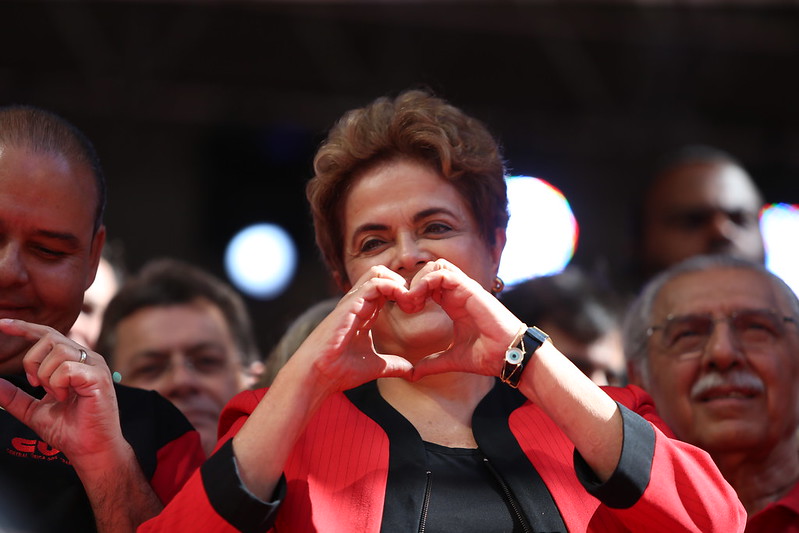The board of governors of the New Development Bank, also known as the BRICS bank, on Friday unanimously elected former Brazilian President Dilma Rousseff as the institution’s new president.
Ms. Rousseff replaces Marcos Troyjo, a career diplomat who served as deputy minister of foreign trade and international affairs during the former Jair Bolsonaro government. Mr. Troyjo was elected to lead the bank in 2020 for a five-year term. Ms. Rousseff will serve the remainder of Brazil’s rotating leadership term, which expires in July 2025.
Handpicked by President Luiz Inácio Lula da Silva to succeed him in 2010, Ms. Rousseff mismanaged the economy, allowing inflation to soar and fueling investor distrust. Under her watch, Brazil plunged into what was its worst recession in history in 2015, until the pandemic downturn. Congress impeached her the following year. In 2018, Ms. Rousseff tried and failed to win a Senate seat in her home state of Minas Gerais.
Nominating Ms. Rousseff to lead the BRICS bank allows the Lula administration to offer her a prestigious position that does not require Senate approval, sparing political capital and a televised battle with pro-Bolsonaro lawmakers.
It is also a form of political vindication. Ms. Rousseff was impeached in 2016 for fiscal fraud, and to this day the Workers’ Party and Lula falsely claim that her ouster was a “coup.” Several politicians and parties who voted for Ms. Rousseff’s impeachment are now part of Lula’s coalition, including Planning Minister Simone Tebet.
As The Brazilian Report has previously shown in our Brazil Weekly newsletter (for premium and standard subscribers), Ms. Rousseff’s nomination to the NDB is part of a larger strategy by the Lula administration to inject more money into infrastructure projects and credit expansion.
The NDB’s website currently lists 26 approved projects in Brazil. In total, the bank has approved USD 32.8 billion in financing, including USD 5.2 billion for projects in Brazil.
In Brazil, one of the BRICS bank’s most frequent borrowers is the National Development Bank (BNDES), led by Aloizio Mercadante — a former member of Ms. Rousseff’s cabinet who believes in using public banks and state-controlled firms to stimulate economic growth.
Economists warn that the strategy could once again allow the public debt to spiral out of control.


 Search
Search






































